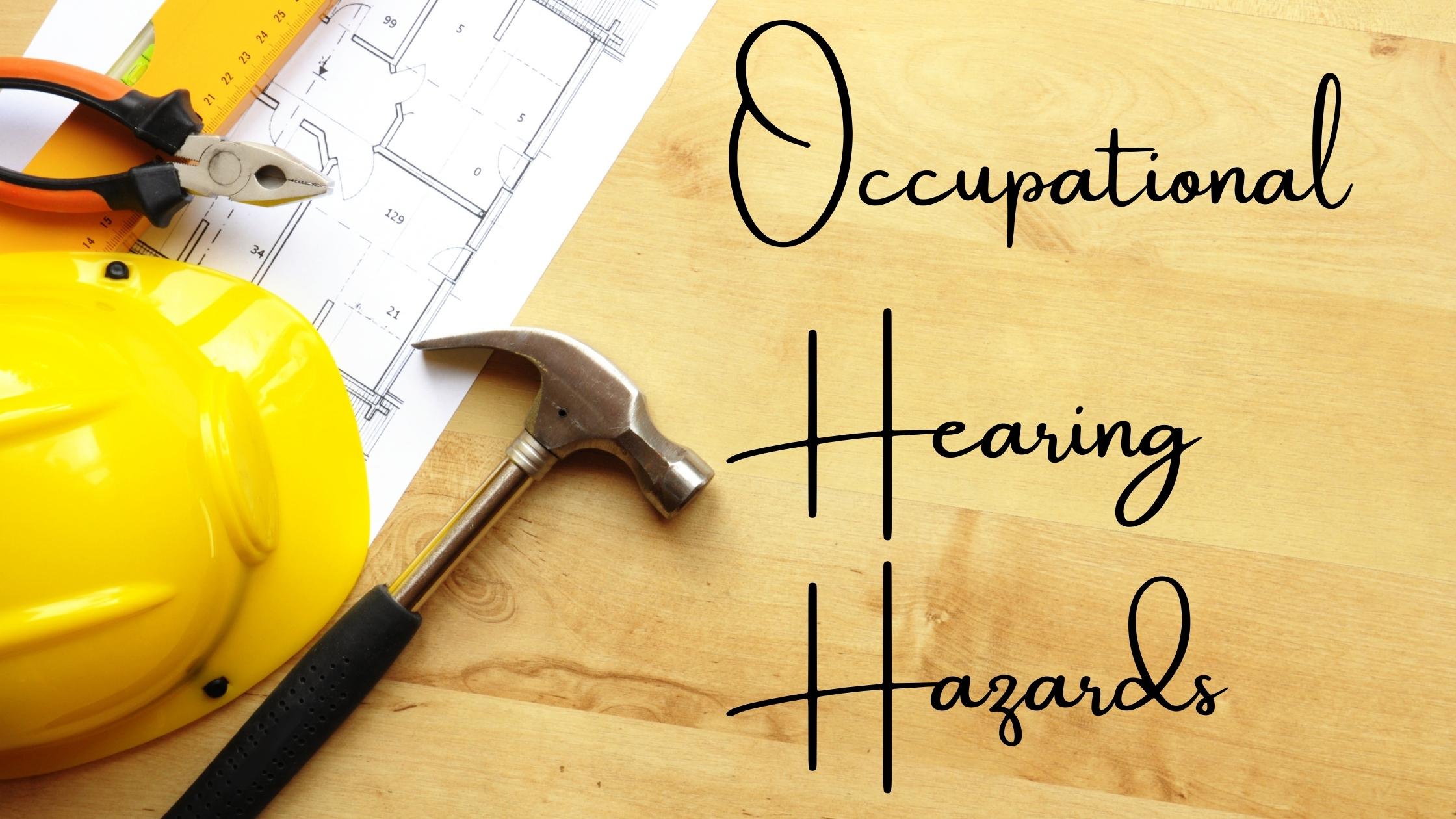Have you ever wondered if your job is compromising your hearing ability? Some workplaces are set up with this possibility in mind, requiring hearing protection and rotating responsibilities to limit time at any of the loudest jobs. However, other workplaces are not so safe. The Occupational Safety and Health Administration (OSHA) is responsible for protecting the health and wellness of employees at all jobs, but many small businesses and informal operations fly under the radar. With this harsh reality in mind, it is crucial that you take your hearing health into your own hands.
Large manufacturing enterprises and industrial sites are indeed quite dangerous for your hearing health, so it is essential to wear the protection that is appropriate for each task. Those in the military and transportation sectors are often exposed to loud noise, as well. Beyond these jobs that tend to provide protection for their employees, there are other jobs that can emit dangerous sounds. Let’s consider the variety of jobs that can do damage to hearing, how to protect yourself, and what to do if you think noise is a problem at your workplace.
Noise-Induced Hearing Loss
One of the top two most common types of hearing loss, along with age-related hearing loss, noise-induced hearing loss is a public health concern. With this reality in mind, OSHA and other organizations have mandated hearing protection at loud work sites. The decibels of risk might be quieter than you think. A person can endure exposure to noise up to 85 decibels for 8 hours without a risk of harm, but the time of possible exposure drops quite a bit beyond this threshold. For instance, a volume of 88 decibels can only be endured for half that time: 4 hours.
Once you reach the noise level of 100 decibels, only 15 minutes is sufficient to cause permanent damage. Many jobs exist within this range, and many of them require workers to perform full shifts of 8 hours or more. In these cases, hearing protection is necessary to prevent hearing loss. Some of the jobs you might not expect to pose a risk include working at an independent auto mechanic, bartending, serving at a restaurant, and even working as a school teacher or playground attendant.
The Power of Protection
The good news is that protection can go a long way to prevent hearing loss from occurring through noise exposure. Basic foam earplugs can offer a minimum of 10 decibels of noise reduction, and you can see that the reduction in noise equates to an extension of the time you can endure that sound without damage. The loudest jobs, such as working with aircraft or firearms, require more advanced protection such as noise-cancelling earmuffs. Some people wear a combination of earmuffs and earplugs at the same time. Those who need to communicate while doing their noisy jobs can use helmets or headsets that not only protect from outside noise but also offer a microphone and speaker communication system.
How to Protect Yourself
The first step to take if you are concerned about workplace noise is to take a reading for yourself. Decibel meters are available as apps on your smartphone, and you will want to take as many measures as possible to get a good average reading. Vary the location and time of the measurement, as well. Once you have a general sense of the type of noise you are encountering at the workplace, you should talk to your supervisor about your protection needs.
Your employer is required to provide hearing protection according to OSHA guidelines, and they need to limit your time spent on any noisy task according to the table provided on the OSHA website. You can always take hearing protection into your own hands. Custom-fitted earplugs can reduce the harmful noise in many workplace environments while maintaining your ability to talk to coworkers and customers. These devices are low-profile and might not stand out to those around you, yet they provide crucial protection from the harmful noise in your workplace.
Don’t put off taking your hearing health into your own hands at your workplace. For those employers who are not doing their due diligence to protect their employees, the consequences are not worth the risk.

